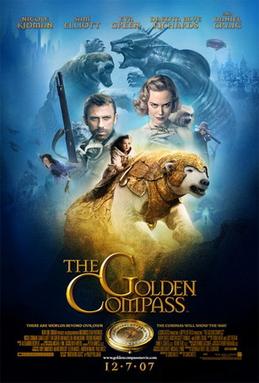
As much as I love reading, I love watching movies. The other week I saw six movies in five days. It’s a terrible habit, but one that I simply can’t break. Movies are just too good. So with this comes watching movies that are based off books. Books I have read. Books I haven’t read. Books I have loved. Books I have hated. After a new movie adaptation of a beloved book is released, all people seem to do is complain. “They left out my favorite part!” They cry. “But they mixed up the order of the scenes!” Someone wimpers from the corner. “That character was supposed to have green eyes, not brown! The book said green!” Someone says into a tissue.
“It’s not the same.” A soul whispers solemnly from the shadows.
I, however, have never really been disappointed by a movie adaptation. Sure they are different, but that is to be expected. I know we all wanted 6+ hour, trillion dollar budget Harry Potter movies but that would have literally killed the actors and been a little overkill. In my mind books and their movie counterparts are completely separate. I enjoy them for different reasons and in some cases don’t even think of them as connected. This mindset really makes for a lot less disappointment.
Except for one movie.
I was nine when I first read Philip Pullman’s The Golden Compass. I was too young to grasp any more than the surface story, but I fell in love. I was still dealing with my parents divorce and since it had a female protagonist, I was able to find an escape in Lyra’s magical world that I had never found in a book before. It was a few years before I finished the series, but I eventually did and I grew to love the entire series. I revisit them every once in a while and they never fail to impact me in some way. I don’t want to say these books changed my life, but they definitely helped shape some of it. I had always said that I never wanted them to make a movie out of these books. I kept them so closely guarded that I barely talked about them to people. I was convinced that there was simply too much going on in the story and that it was much too complex to be done justice on the big screen. If they couldn’t get Harry Potter or The Chronicles of Narnia correct, there was no way they could get The Golden Compass right. In 2007 when it was announced that a movie was going to be released later that year, I was upset not excited. I told my mom I didn’t want to go see it. We went to go see it.
I left the theatre angry. I wanted to write letters to the screenwriter/director telling him that he needed to think about possible career changes. I had never been that disappointed in my entire life. It didn’t make sense to me, the cast was good, filled with big name actors like Daniel Craig and Nicole Kidman and Ian McKellen. The director has directed About A Boy, and that wasn’t awful. So why was this movie so terrible? I don’t really have an answer to that question, it just was.
Fantasy movies are hard. They take place in a world that may be similar to ours or something completely different. Magic and mythical creatures and the like are hard to depict on screen. With The Golden Compass you have to show all of those things while keeping the setting recognizable (the story takes place in an Oxford, England that is almost exactly like ours, with only slight “magical” differences.) And then comes the story itself, on the surface it is about a young girl trying to save her friend from kidnappers. However, there is much more to it than that. Pullman uses this magical world to question religion and go deeper into common beliefs. Obviously for a movie aimed at children, the screenwriter wasn’t going to delve into that plot line but without it there would be no way to continue the series without going off track entirely. To me it was as if the easiest, fluffiest storyline was chosen and just executed poorly. Maybe I loved these books too fiercely, maybe I was too invested. These could be true, but I really think it was just a terrible movie.
This was the one and only time I was not able to separate book from movie, and the disappointment is still with me. Thankfully, they never made the other two books into movies, although I don’t see how they could have made them anyway. I have only ever seen the movie once, after it came out on DVD my mom suggested we try it again after we had a few months to cool off from the initial shock. I stayed in my room, she said it was still as disappointing.
This post is not supposed to be a few hundred words bashing a movie that came out five years ago, but more to express how deeply I care about this series. I love Harry Potter and Hunger Games and even the Chronicles of Narnia but no series of books has ever affected my life as deeply as Philip Pullman’s His Dark Materials Trilogy.
So you know, just a warning: don’t mess.





